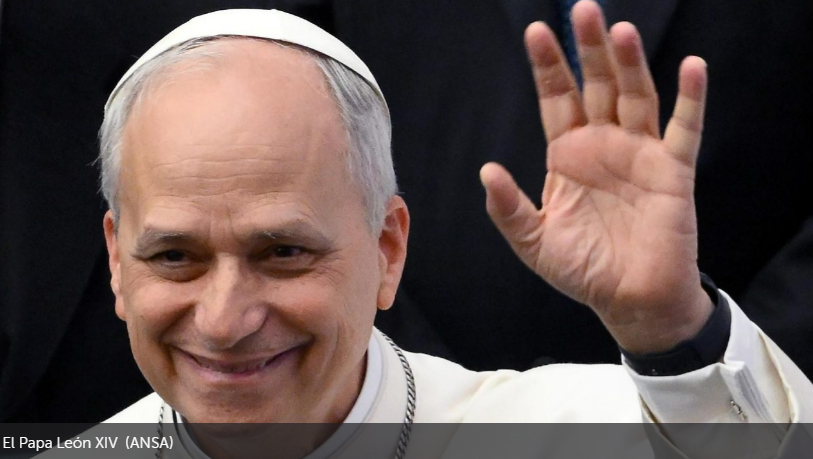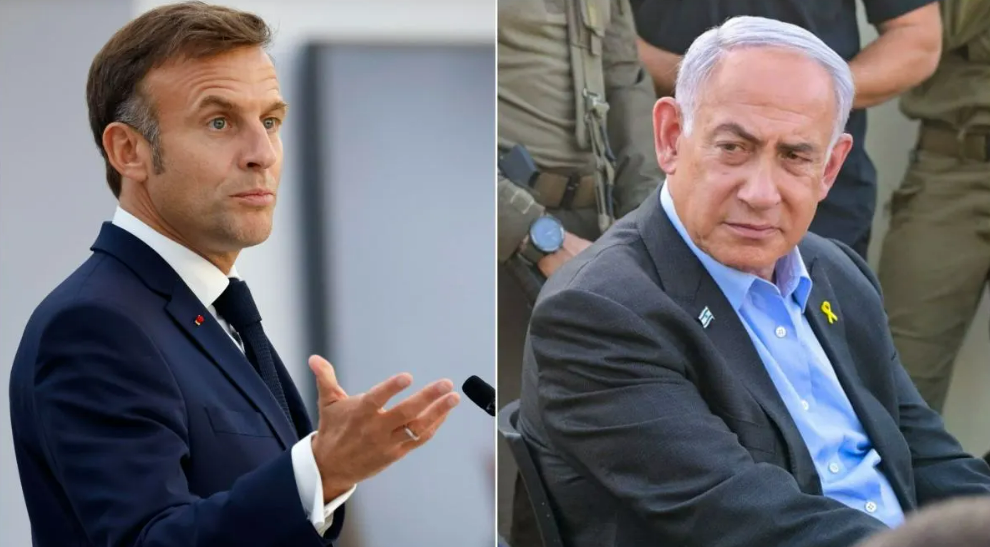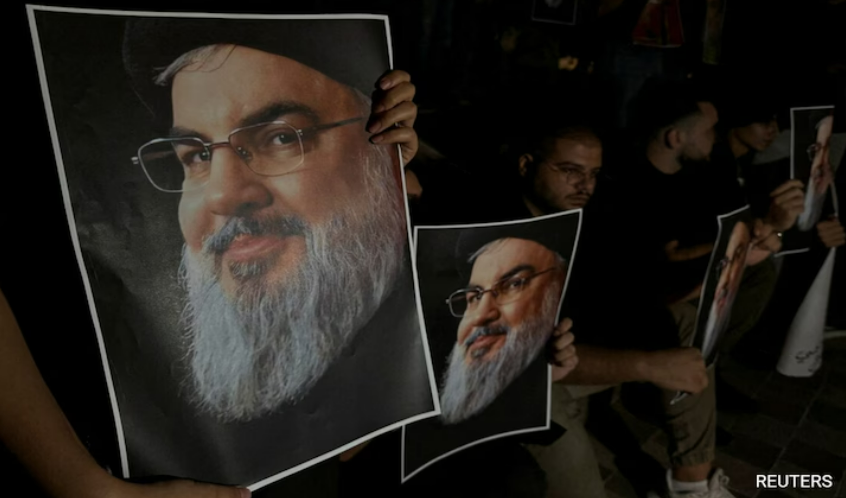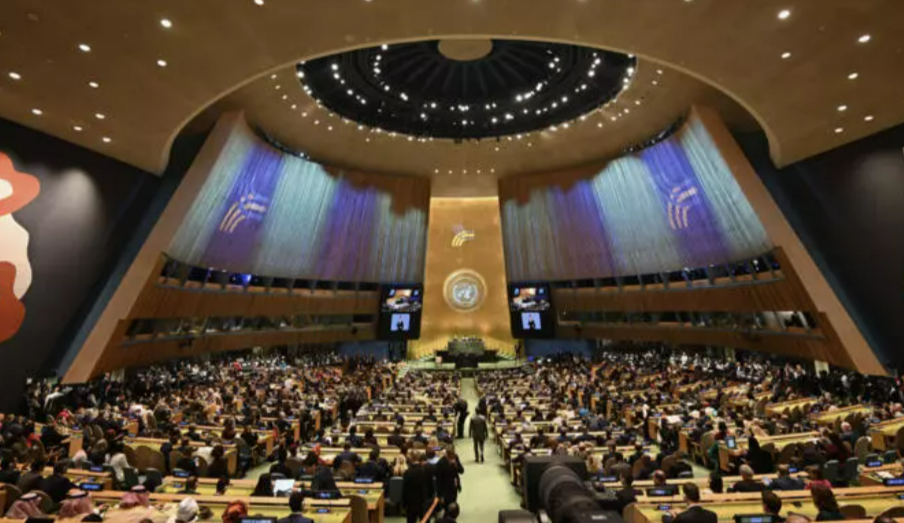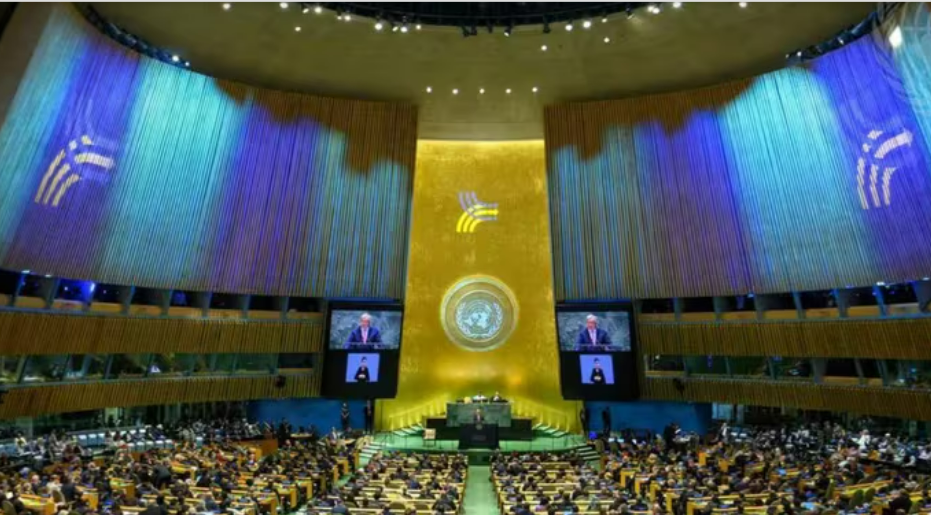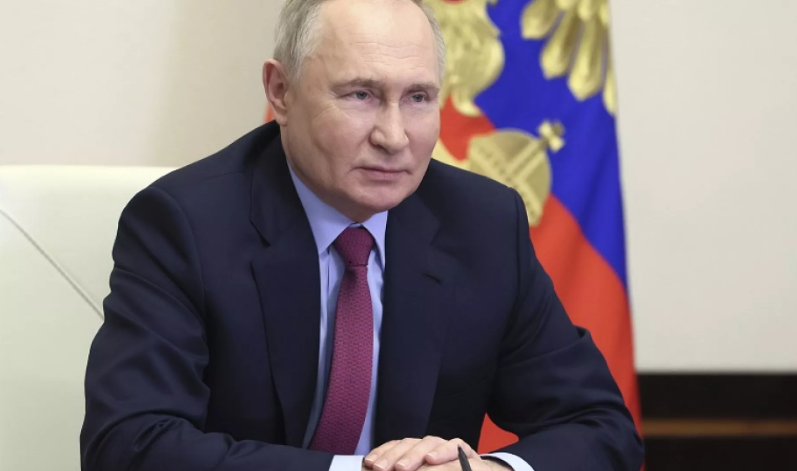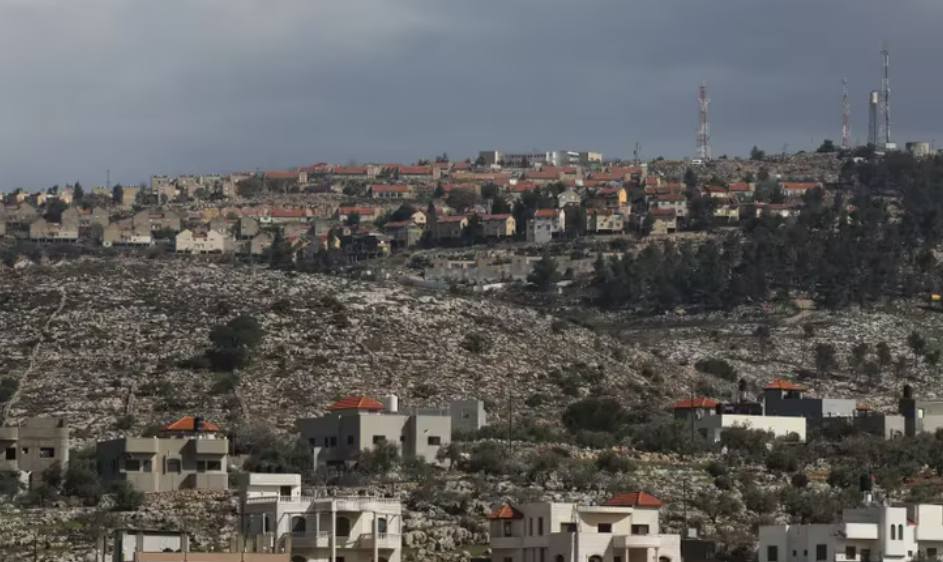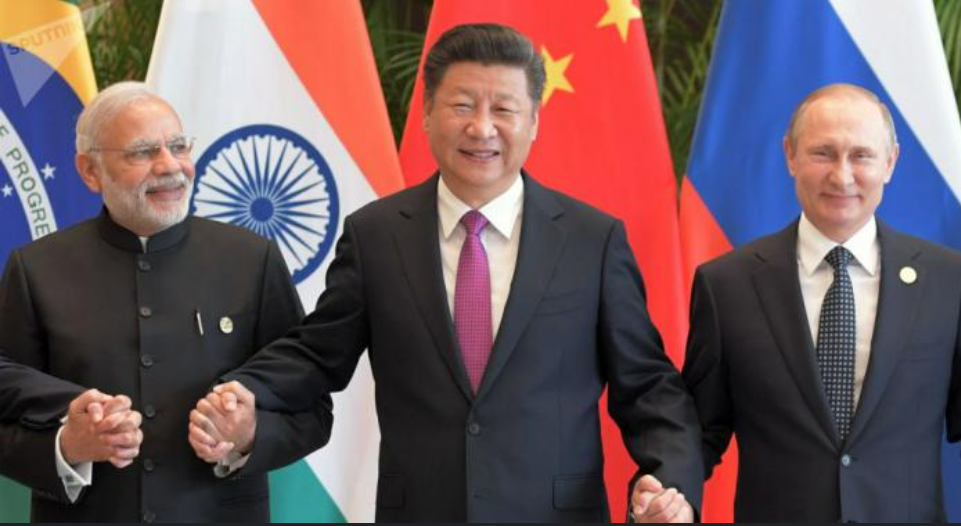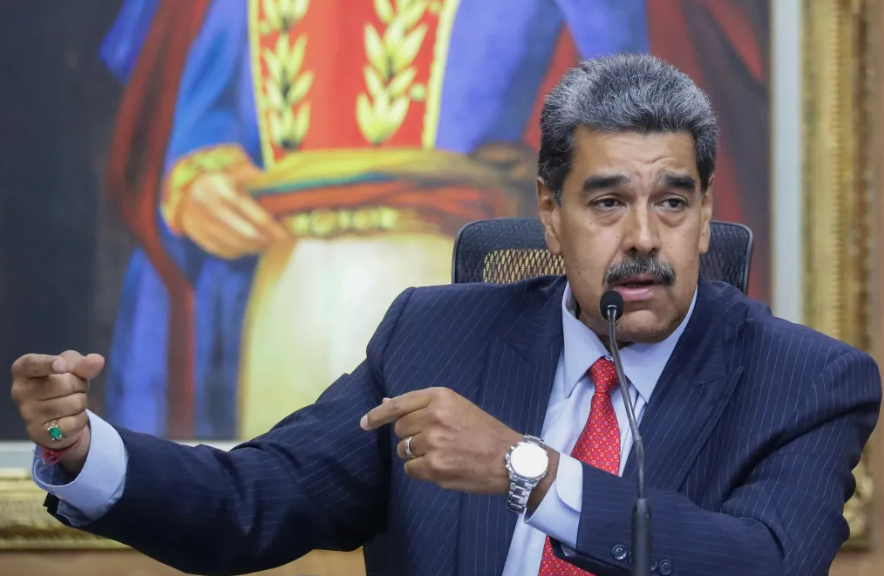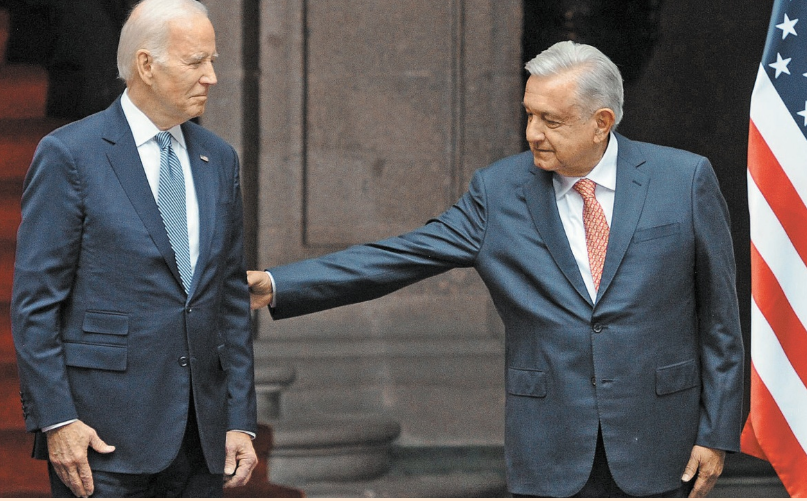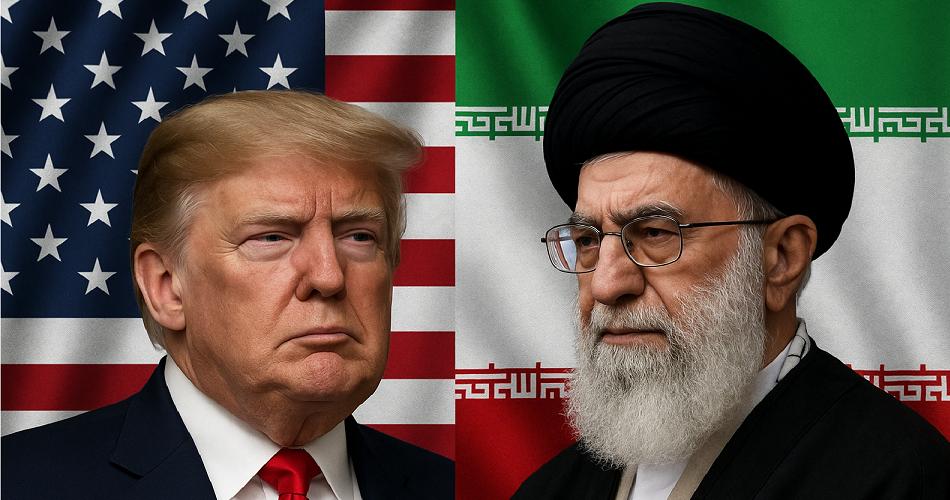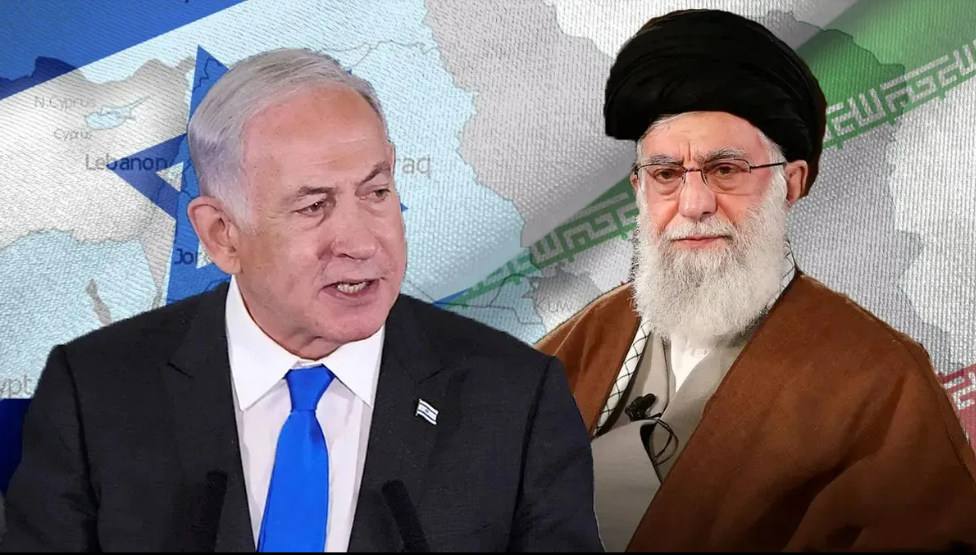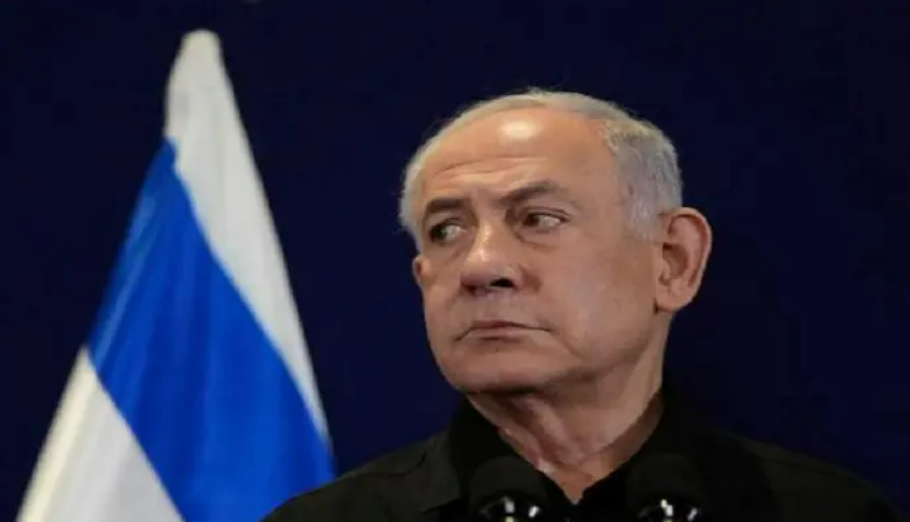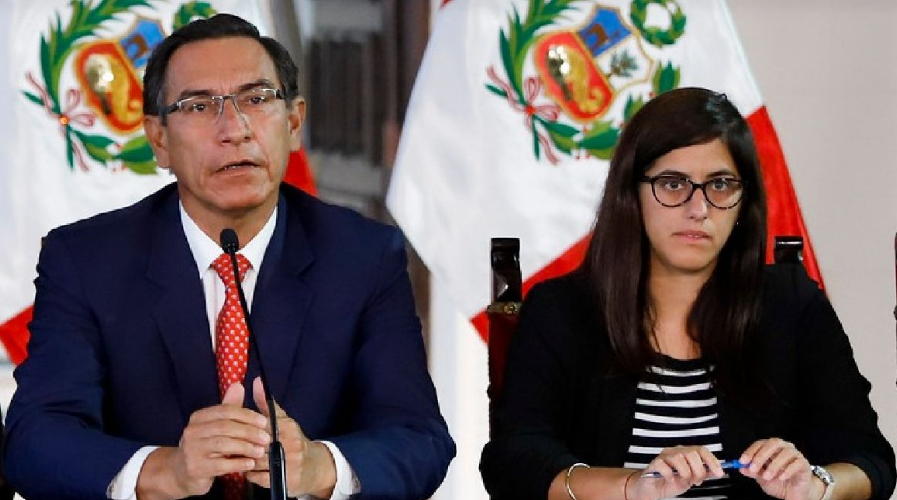World

Imagen: GETTY IMAGES
The fall of Al Assad in Syria and what comes next
Redacción:
Assad's departure marks the end of an era in Syria, opening a new chapter in the country's history, with significant challenges in terms of reconstruction, national reconciliation
https://500palabras.pe/en/world.php?noticias_id=28
On December 8, 2024, Syrian President Bashar al-Assad left Damascus following the capture of the city by rebel forces led by the Islamist group Hayat Tahrir al-Sham (HTS). Assad and his son Hafez fled in a Russian armored vehicle to the Hmeimim air base on Syria's northwest coast, from where they left for Russia, ending more than five decades of Assad family rule in Syria. The fall of Damascus came after a lightning offensive by rebel forces that, in a few days, took key cities such as Aleppo and Hama. The rapid disintegration of government forces surprised both the international community and the insurgents themselves. Upon his arrival in Russia, Assad issued a statement via his Telegram channel, stating that his departure from Syria was "unplanned" and that he was forced to leave the country due to the collapse of government forces. He defended his decision, denying having betrayed his people and ensuring that he remained in Damascus until the last moment. The international community has reacted cautiously to these events. Turkish President Recep Tayyip Erdogan has expressed his intention to "eradicate" Kurdish militias in Syria and has offered assistance in drafting a new constitution for the country. For its part, the United States has initiated contacts with HTS, removing the bounty on its leader, Ahmed Al Shara, in an effort to stabilize the region and avoid a power vacuum similar to that of Libya or Iraq. Assad's departure marks the end of an era in Syria, opening a new chapter in the country's history, with significant challenges in terms of reconstruction, national reconciliation and the establishment of an inclusive and representative government. Hayat Tahrir al-Sham (HTS) is a Sunni Islamist group that emerged in Syria in 2017, consisting mainly of former members of the al-Nusra Front, the Syrian affiliate of al-Qaeda. Since its creation, HTS has sought to consolidate its control in northwestern Syria, especially Idlib province, and has played a significant role in the Syrian civil war. The leader of HTS is Ahmed al-Sharaa, formerly known as Abu Mohammed al-Jolani. Born in 1982, al-Sharaa has been a central figure in the Syrian insurgency. Initially, he led the al-Nusra Front, but in 2016 he announced his separation from al-Qaeda and subsequently the formation of HTS in 2017. Under his leadership, HTS has attempted to present itself as a more moderate and pragmatic entity, seeking to distance itself from its jihadist past to gain legitimacy both locally and internationally. In December 2024, HTS led an offensive that resulted in the fall of Bashar al-Assad's regime. Following this military success, al-Sharaa has adopted a more conciliatory stance, expressing his intention to establish an inclusive government in Syria. He has declared that he will not allow Syria to be used as a base for attacks against other countries and has called for the lifting of international sanctions imposed during the Assad regime. Furthermore, he has shown a willingness to negotiate with various factions and international actors to stabilize and rebuild the country. Despite these efforts to project a more moderate image, HTS is still considered a terrorist organization by several countries, including the United States. However, recent reports indicate that the United States may be reconsidering this designation, especially after the removal of a $10 million bounty on al-Sharaa, which could facilitate future diplomatic interactions. The international community is cautiously watching the evolution of HTS and al-Sharaa's leadership, recognizing both the potential for a political transition in Syria and the challenges inherent in integrating a group with an extremist background into the global political landscape.


